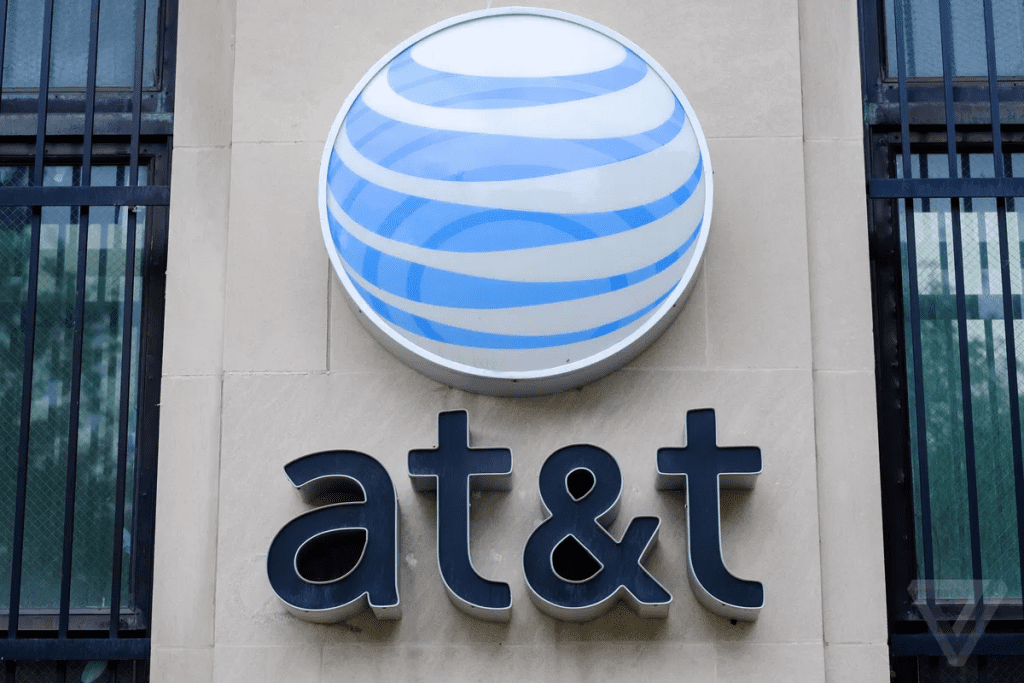AT&T intends to leave the television industry

AT&T has acquired two pay-TV platforms in the past few years. Reportedly, DIRECTV was acquired by AT&T in 2015. Just one year after that, the company, in what appeared to be an effort to fully commit to pay TV purchased Time Warner in 2016. However, the company entirely sold off Time Warner. According to some recent pieces of information, the company might be intending to do the same with DIRECTV.
As of now, all the remaining TV services of AT&T are controlled by DIRECTV, including DIRECTV Stream and U-verse TV. A small portion, or 30%, of DIRECTV was sold in 2021 to TPG Capital, whereas the remaining 70% is held by AT&T. In accordance with a recent report by Bloomberg, the company is considering two options: either sell all the remaining shares of DIRECTV or only sell a small proportion to other investors.
Cable TV isn’t a profitable business now
A few years ago, cable TV was quite popular. It provided access to hundreds of channels that users paid to watch. Later, it was taken over by online streaming services. Since then, the industry has been losing its market share. With each passing day, the number of cable TV subscribers is decreasing. Reportedly, cable TV companies lost 1,135,143 subscribers in Q1 2023. However, in the second quarter of the current year, 1,513,532 subscribers were lost.
Considering these factors, AT&T might be abandoning the pay-TV industry. previously, some rumors suggested that DISH and DIRECTV might merge in the future. It seems to happen now. However, this might not be the case given the fact that DISH is currently concentrating on its 5G network, partly as a result of the deadlines established by the FCC. Pay TV usage is clearly falling, and AT&T is probably trying to recoup some of its investment before it’s all gone.
Research Snipers is currently covering all technology news including Google, Apple, Android, Xiaomi, Huawei, Samsung News, and More. Research Snipers has decade of experience in breaking technology news, covering latest trends in tech news, and recent developments.












